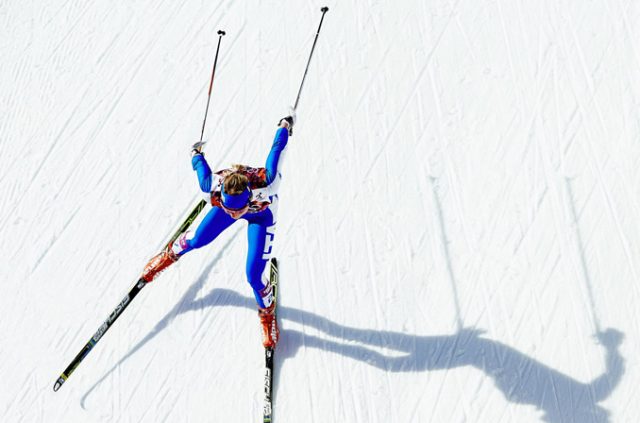Brits ‘among least interested’ in Winter Olympics


British people rank among the lowest in the world for being interested in the Winter Olympics, findings from Ipsos have revealed.
This is despite figures released by UK broadcaster Discovery today that show a surge in new paid subscribers during the Winter Games, which closed in Beijing on 20 February.
The survey about attitudes towards the Olympics features in a new Ipsos Global Advisor Survey seen by Mediatel News.
People in Britain also rank among the lowest in the world when asked whether the news and sports media give a fair amount of coverage to the Paralympic Games, which begin on 4 March and is broadcast by Channel 4 in the UK.
Just over four in 10 people (41%) in Britain say the news and sports media give a fair amount of coverage to the Paralympic Games, compared to a global average of 60%.
Less than a third (32%) of respondents in Great Britain said they were interested in the Winter Olympics, well below the global country average of just under half (46%).
The survey also revealed how low public awareness is of what happens in the Paralympic Games. Half of respondents said they didn’t know which winter sports feature in the Paralympics, while ice hockey was the most commonly identified at 18%.
Brits’ lack of interest was even more stark when asked about individual sports – 42% of British people selected “none”, while figure skating was ranked as the most popular events by Chinese people (50%) and Mexican people (47%).
Less than a fifth of people (18%) in Britain selected ski jumping as the next most popular event, followed by bobsleigh (17%).
Today Discovery said its streaming service Discovery+ and Eurosport streaming services saw eight times more streaming viewers than the previous games in Pyeongchang.
Meanwhile, users consumed more than double the content with average consumption exceeding seven hours per viewer.
Viewers on linear TV also watched for longer, Discovery said, as they tuned in for an average of 24% longer than during Pyeongchang.
Linear audiences were about the same as they were in 2018, it added, despite “double-digit” reductions in total audiences for linear TV.
The Ipsos survey polled 20,025 people in 28 countries.
